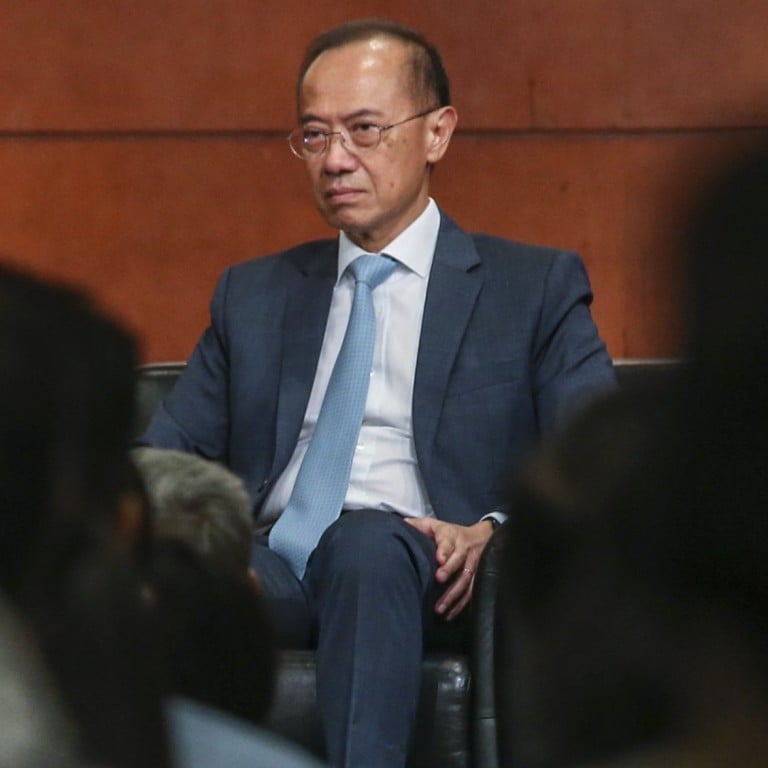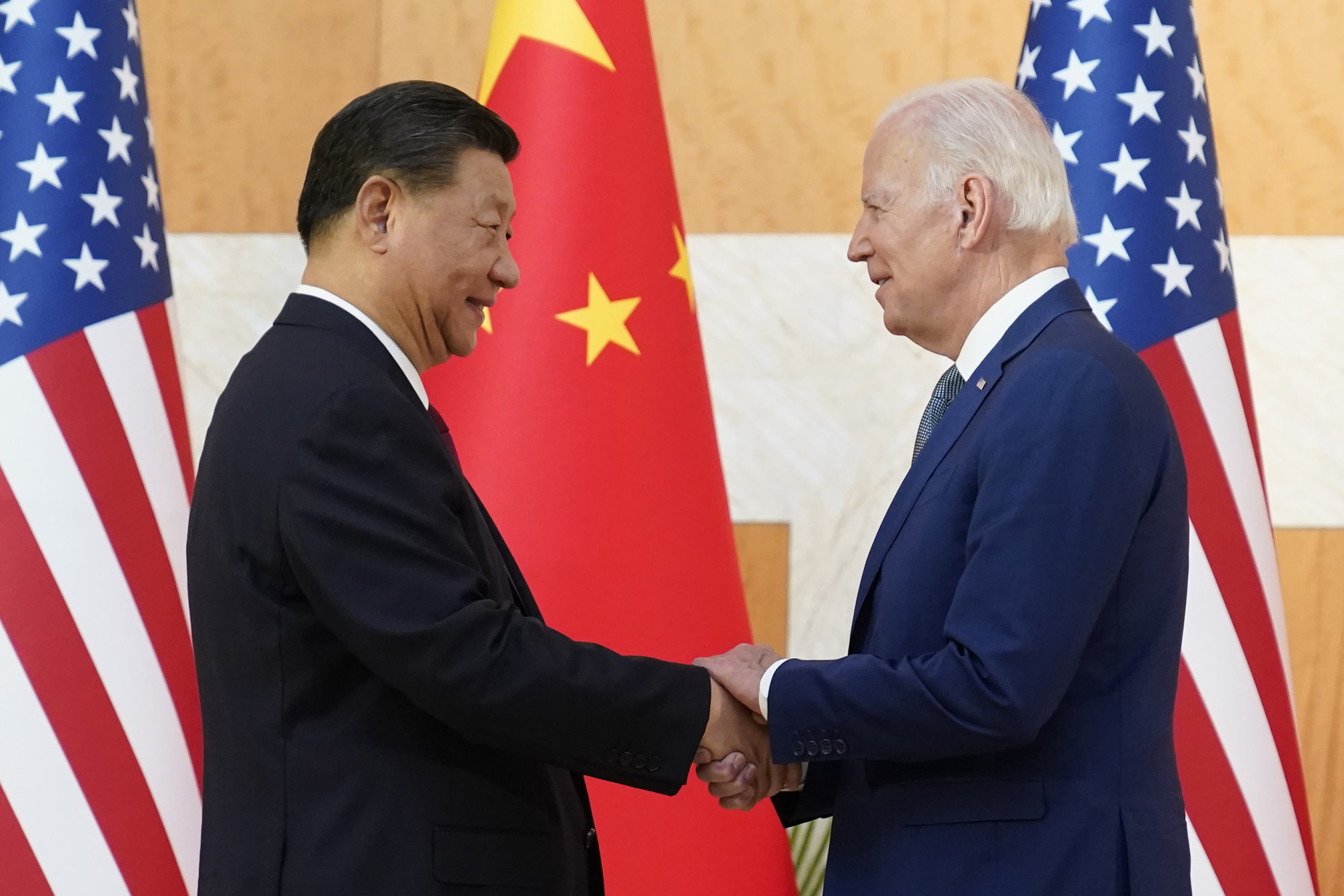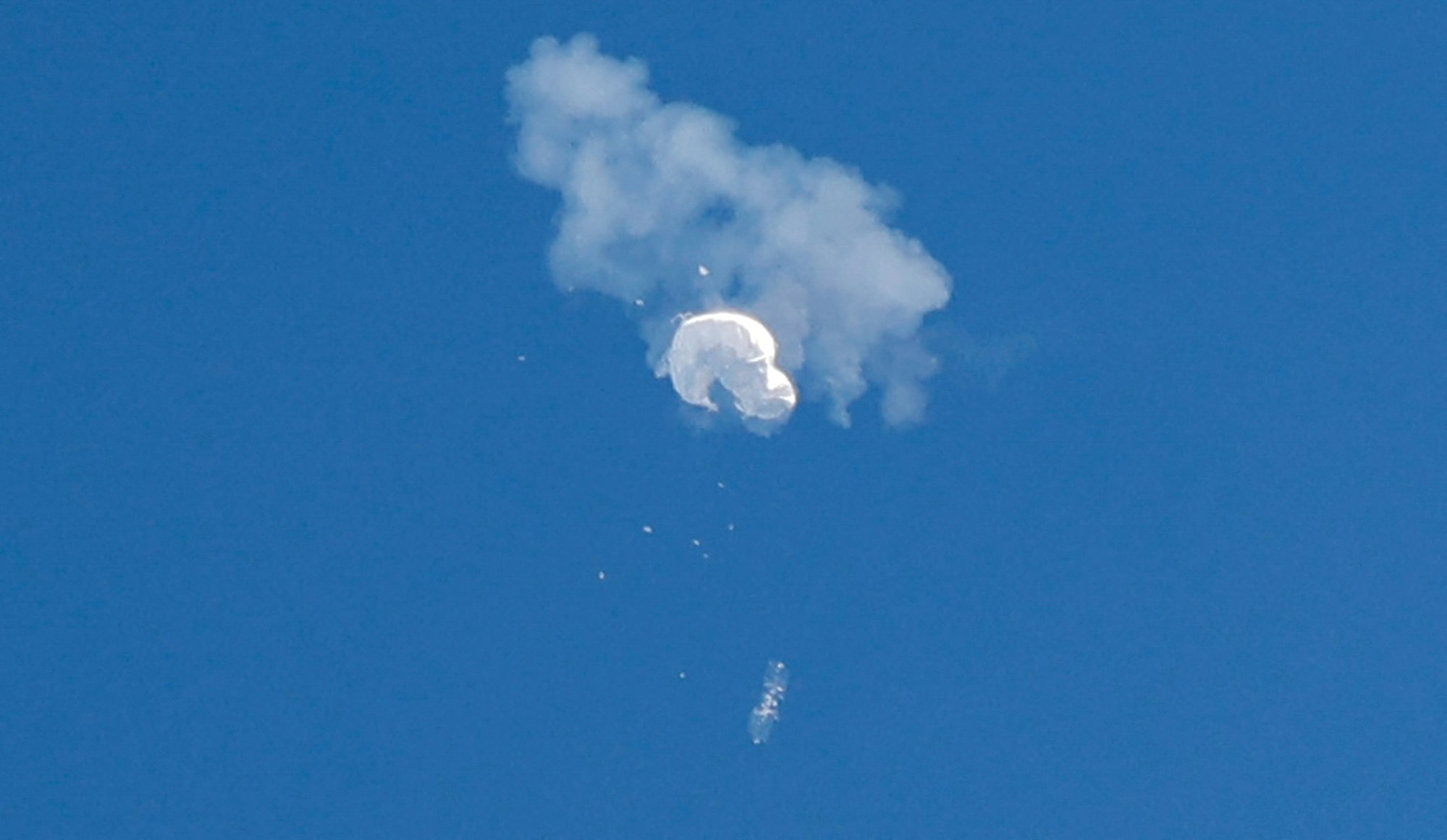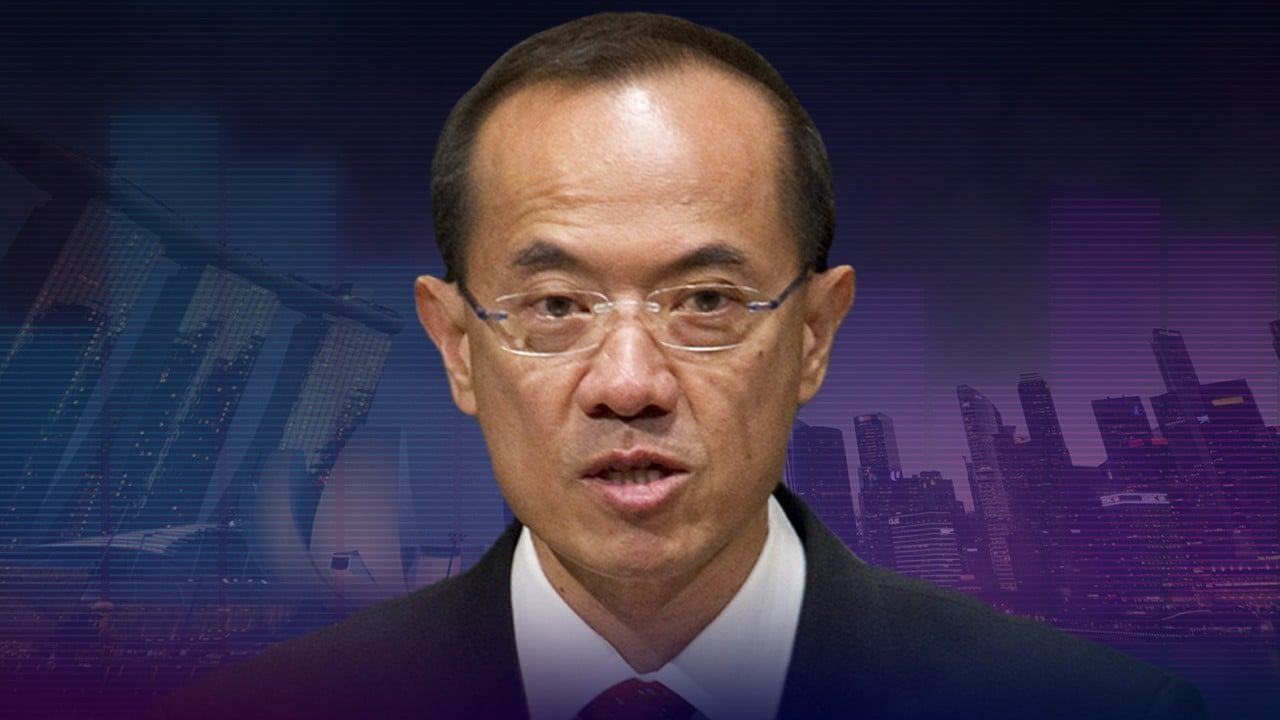
US-China relations unlikely to be derailed by balloon row ‘blip’: Singapore’s George Yeo
- Yeo says the row is ‘a surface wound’ that will heal in a few months, adding that even while US-China ties have been strained, trade has continued growing
- Still, China’s takeaway from the balloon incident is that the ‘fraught mood’ and emotional reaction in the US can affect foreign policy, Yeo notes
Expressing scepticism that the Chinese balloon was an orchestrated spying operation to send a signal to the US, Yeo described the incident as “a blip in bilateral relations which will – pardon the pun – blow over eventually”.
“Maybe the Chinese were trying their luck, and occasionally have one or two stray off course, and if they pick up something, well, it’s a bonus,” said Yeo, currently a visiting scholar at the National University of Singapore’s Lee Kuan Yew School of Public Policy.

Xi and Biden in Bali agreed to reinstate channels for diplomatic dialogue and form working groups to engage on specific issues of mutual concern, even as both compete for global influence amid increasing economic and security tensions.
Last Monday, Biden said US-China relations were not weakened as Washington had made it clear to Beijing that it would destroy the balloon, adding that China understood its position.
Beijing says US sent over 10 balloons illegally into China’s airspace
The incident prompted US Secretary of State Antony Blinken to cancel a high-stakes Beijing trip aimed at easing tensions, while Washington also passed a resolution condemning the use of the surveillance balloon, prompting Beijing to accuse the US of “scoring political points and dramatising”.
Speaking to This Week in Asia ahead of the launch of the second of his three-part book series, Musings, which is based on interviews with Singaporean media veteran Woon Tai Ho, Yeo said what China needed to take away from the incident was that the “fraught mood” and emotional reaction in the US could become part of politics and affect foreign policy.
“You can either make a problem smaller or you can make it bigger by your reaction,” Yeo said, adding that small incidents could set off a “neuralgic reaction” so this was the political reality with which China had to understand and work with.
“But otherwise, I don’t think bilateral relations have been derailed, I think the course which was set in Bali would persist,” Yeo said, adding that Blinken would eventually visit China when the conditions were ripe.

“When that visit will be rescheduled is not important in itself but an indicator of conditions changing for the better again,” Yeo said.
“This is a wound – a surface wound – but it takes time for it to heal. And if both sides put enough emollient because they want it to heal, then the visit can still happen,” he said.
“If it doesn’t heal after a few months, then they should worry,” Yeo said, noting that despite the rhetoric about decoupling and the US-China technology war, bilateral trade continued to grow between the two countries.
“There are still a lot of economic relations going on and a lot of money to be made on both sides,” Yeo said.
According to a report by the US Bureau of Economic Analysis last week, imports and exports of goods between the countries hit a record US$690.6 billion, with China increasing imports of soybeans and other foods.
Exports to China increased by US$2.4 billion to US$153.8 billion, while imports from China rose US$31.8 billion to reach US$536.8 billion. The previous high for imports and exports was US$659 billion in 2018.
Yeoh said while “the halcyon days of free trade, or depoliticised free trade has gone”, save for the hi-tech sector many aspects of trade would remain unchanged.
“China is still a manufacturing superpower, it can produce many things at incredibly low costs which no one else can do. If you are campaigning in the US and you need placards and caps and flags they are likely to be made in China,” Yeo said.
Apart from Yeo’s thoughts on the Vatican and Islam, the second part of his book also touches on how Europe’s ascendancy has shaped the modern world; US ascendancy after World War II; and the impact of China’s rise on Christianity, Islam, Europe, Africa, Latin America, Asia and the US.


